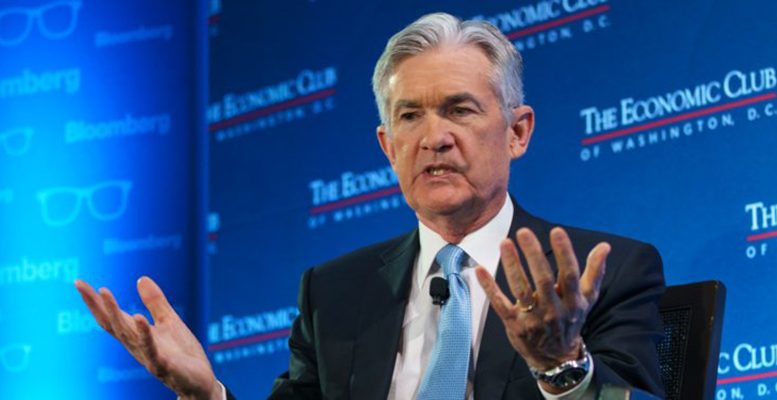Juan Pedro Marín-Arrese | The Fed is running out of munition after raising its rates substantially. The narrowing margin forces it to slow down monetary tightening. Keeping unabated its previous speed would wreak havoc on the economy. Yet, Jay Powell countered any hope of further softening by delivering a relentless hawkish message at the latest press meeting that plunged stocks into utter disarray.
Powell made it crystal clear at Jackon Hole that the Fed’s strategy for fighting inflation would strive to cool down demand through a forceful upfront strike. While the first set of hikes deserved widespread appraisal, investors have lost their nerves as rates threaten to cross the 5% borderline, following FOMC members’ latest estimates. Such a grim scenario unsettles the markets much less than the sheer uncertainty about the level the rate race might reach.
Powell tries to assuage anxieties by promising to stop any further moves once attaining a restrictive ceiling that effectively pulls inflation back to its medium-term target. Yet, he delivers no clue on how high this upper limit might rise nor the conditions the restrictive yardstick should meet. An uncertainty that rattles the markets, dampens confidence, and ultimately hurts the economy.
There is a pressing need to dispel doubts about further monetary tightening. While the Fed cannot commit itself to any concrete figure, unveiling its planned roadmap seems vital. Unambiguous forward guidance would restore trust in economic players, preventing unwarranted recessionary risks from emerging. The more so as inflation seems close to becoming subdued. It’s time to temper, bolster confidence, and avoid pointless threats.





